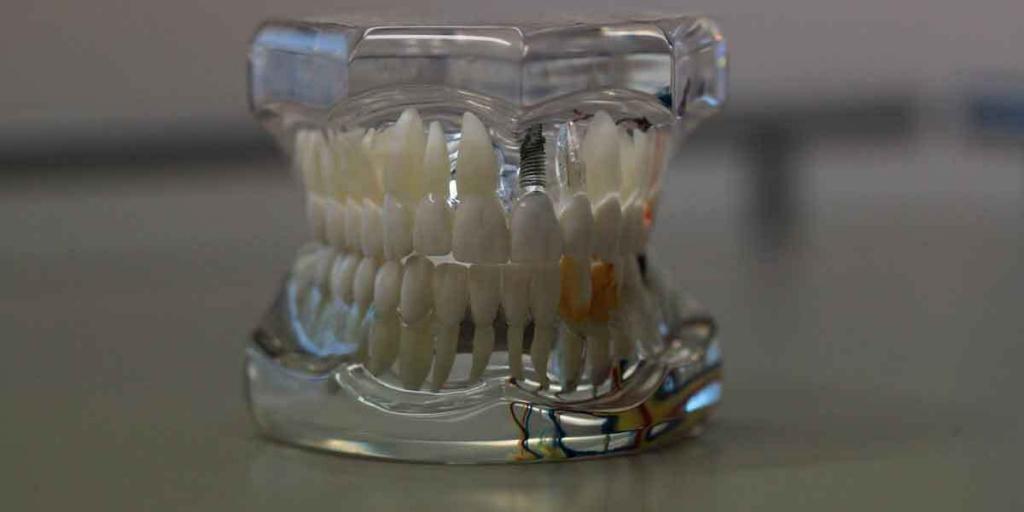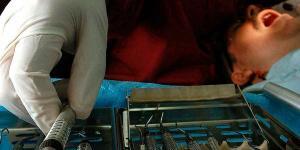We have seen the first part of the series, we now pick up from where we left.
Diagnosis of Loose Dentures: Can “Dentures in a Day Brooklyn Help?”
When dentures become loose, the dentist will take time to learn why they became loose in the first place, so that the same issue doesn’t repeat itself. Let us look at some of the issues that will be considered.
- How long have you had the dentures?
- Have the dentures always been loose, or is it a situation that started recently?
- Does speech make the dentures looser?
- Does eating make the issue worse?
- Is there pain, sores, or ulcers in the mouth?
- Do you feel the dentures rub anywhere?
- Do you feel as if the dentures are too big in the mouth?
- Do the denture adhesive that we have recommended help at all?
- Did the dentist tell you that the dentures might become loose at some point?
- Do food particles get lodged under the dentures, or does the tongue nudge the dentures out of place?
The dentist will listen to you using the issues above and then use the information to get clues as to why the dentures might be loose.
After this, the dentist thoroughly examines your mouth, paying close attention to any loose teeth and ulcers in the mouth. The aim is to find out the issue that is causing loose dentures.
The dentist next removes the dentures and then examines them. He then resets them in their position and then examines the position and the function. You will have to smile, talk, bite down on something and then swallow, all the time the dentist will be looking at what happens with the dentures.
The dentist also takes note of the ridge, which is the area where the denture sits. He looks at the characteristics of the area in the form of depth and quality. The denture’s thickness is also checked and then compared with the ridge to find any anomalies.
The Initial Impression Matters
A denture will only fit as good as the initial impression that the dentist took and sent to the dental technician. The dentist can be the best in the world, but if the initial impression isn’t as good as it ought to be, you will look at a distorted fit. The impression should also be free from distortion and any damage to the point when the technician casts the mold using silicone or alginate.
Alginate is among the best impression materials but needs to be stored before it can be cast up. Silicon-based materials are also suitable but a bit expensive and need more time to get fitted.
The Ideal denture
A dentist that offers “dentures in a Day Brooklyn” services will tell you that the ideal denture needs to cover the area that is available totally. This means that when dentures sit on a smaller area or sit on an area that is too big, issues happen.
If the denture is overextended, the patient will be able to dislodge it using their cheeks and lips easily. While the denture needs to cover as much area as possible, it shouldn’t extend over the ridge.
Adaptability
Dentures are not natural teeth, and it takes time for many patients to get used to wearing these dentures. Adaptability can be more effortless for the younger generation, but when the patient is older, it becomes harder for them to adapt.
When Should You Seek for “Dentures in a Day Brooklyn Services”
When you see the signs of dentures that are loose, you need to schedule an appointment with the dentist quickly. If the dentures were fitted a few weeks ago, you might have to be patient a bit longer to make sure the area heals.
If the dentures are too loose, you need to work with an emergency dentist who understands what needs to be done.
You might have to go for the relining of the dentures so that they get fitted better again.
How to Find the Best “Dentures in a Day Brooklyn” Services
When you need to have your teeth examined, or your dentures are loose, you need someone that can help you do this as fast as possible. Call us today to start the process of replacing your dentures within a day.




